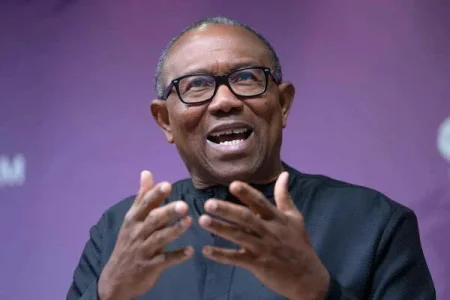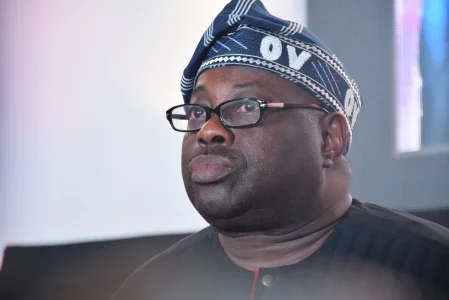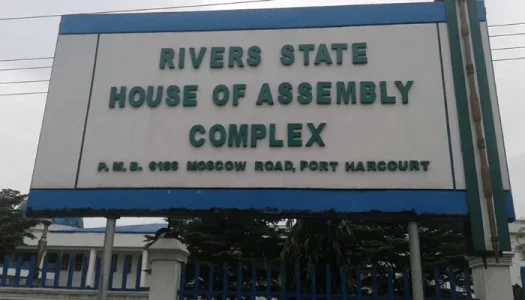
Former presidential candidate Peter Obi criticizes the Tinubu-led government's imposition of the Cybersecurity Levy, denouncing it as burdensome on Nigerians already grappling with economic hardships. Obi highlights the contradiction between this move and the government's pledge to streamline taxes, emphasizing its detrimental impact on businesses and the nation's competitiveness.
Peter Obi, the Labour Party presidential candidate, has vehemently criticized the Tinubu-led government's decision to introduce a Cybersecurity Levy, labeling it as detrimental to an already distressed economy.
In a statement on X app, Obi condemned the imposition of yet another tax on Nigerians, asserting that it exacerbates the economic burden on citizens rather than facilitating recovery and growth. He emphasized the adverse impact of the levy on banking transactions, describing it as a form of multiple taxation, contrary to the government's pledge to streamline the tax system.
Obi highlighted the disproportionate effect of the levy on businesses' trading capital, especially amidst currency devaluation and soaring inflation rates, warning that it would further deplete their already dwindling resources. He criticized the government's approach, questioning the logic of increasing taxes at a time when reducing them could help alleviate inflationary pressures.
Additionally, Obi raised concerns about the role of the National Security Adviser's office in revenue collection, questioning why it should receive returns from a specific tax as outlined in the new cybersecurity law. He concluded by asserting that such policies not only impoverish citizens but also diminish the country's economic competitiveness. Obi's remarks underscore the growing discontent among Nigerians regarding the government's fiscal policies and its impact on the populace.




